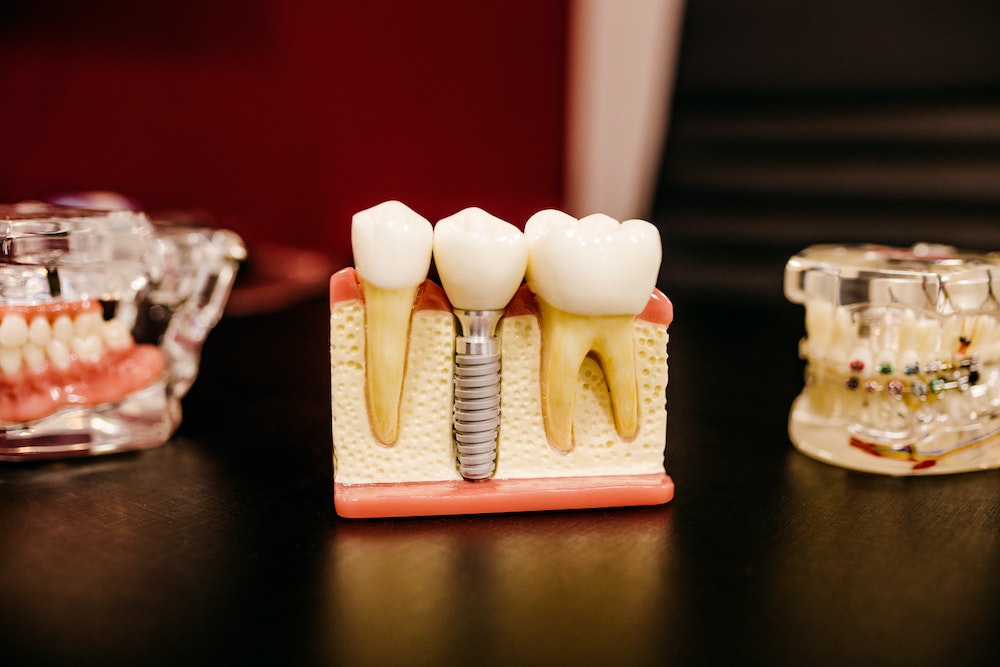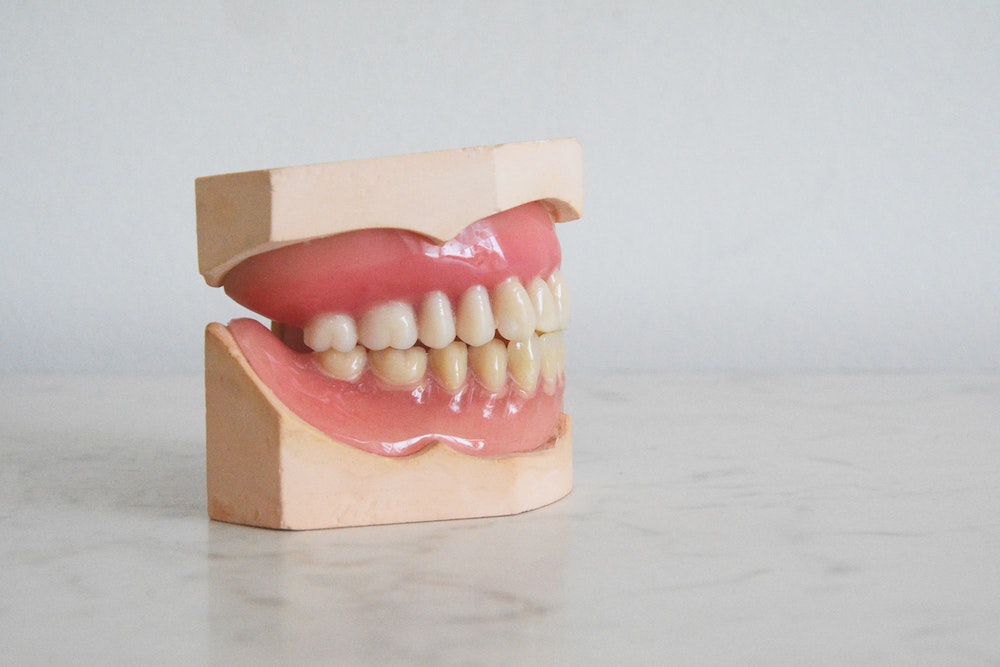
Endodontist vs Oral Surgeon. Our Complete Guide:
January 5, 2021
What To Do For a Toothache. Our Guide
February 16, 2021
Endodontist vs Oral Surgeon. Our Complete Guide:
January 5, 2021
What To Do For a Toothache. Our Guide
February 16, 2021While many people understand the scope of a dentist’s expertise, few know about dental specialists and what they do. For instance, not many dental patients understand how to compare the work of an endodontist vs a periodontist. Therefore, at Innovative Endodontics, we offer this guide to help you to learn more about these specialists and when to visit each.
Endodontist vs Periodontist: Education
The education of both endodontists and periodontists differs significantly after their initial instruction. Both endodontists and periodontists start with undergraduate degrees before proceeding to four years of dental school. After getting their dental degrees, each specialist continues with more classes and residency training.
Endodontist Education
For endodontists, the specialization requirements include up to three years of extra training. During this training, endodontists learn about the pulp inside teeth and how to treat conditions that affect them. Subjects covered during the additional years of education for endodontists include administering local pain medication, reducing discomfort for patients, performing microsurgery, learning to improve root canal treatments, and more.
Periodontist Education
Periodontists also have three years of residency after dental school, during which they learn about the conditions that affect the gums and how to treat them. Therefore, they learn about gum diseases and both surgical and non-surgical treatments.
Endodontist vs Periodontist: Conditions Treated
Conditions treated by endodontists and periodontists differ significantly. The main differences in the conditions treated are their locations on the teeth. Overall, endodontists focus on the inside of teeth, while periodontists specialize in caring for the gums and surrounding bone.
Conditions Treated by Endodontists
Some common conditions endodontists treat include localized swelling or redness, tooth sensitivity to hot or cold, cracks in teeth, pain when biting on a tooth, and pain that persists after a filling or root canal treatment. Some of these symptoms could indicate that you have an infection inside your tooth pulp. Other problems, such as cracked teeth, could allow bacteria deep inside the teeth, which also require root canal treatments. Pain following a root canal or filling could indicate the need for retreatment or endodontic surgery.
You may feel confused if you have swelling on your gums and a dentist refers you to an endodontist. However, if the swelling is localized and an x-ray indicates inflammation inside the tooth, you may need endodontic care instead of periodontal disease treatment. Your dentist will know when to refer you to an endodontist based on your current tooth health and conditions.
Problems Cared for by Periodontists
Conditions treated by periodontists include those that impact the health of the gums. For instance, they can help you maintain your gum health by preventing gum disease or treating existing gum problems, such as periodontal disease. Additionally, they can help treat cosmetic problems such as receding gums or pockets in the gums. If you have inflammation of the gums, are concerned about the appearance of your gums, or want to keep your gums healthy, ask your dentist about a referral to a periodontist.
Endodontist vs Periodontist: Procedures Performed
The types of procedures performed by endodontists and periodontists include surgeries and non-surgical treatments. However, they differ in the specifics of the surgeries and other care they provide.
Procedures that Endodontists Perform
Endodontists specialize in providing root canal treatments. For instance, most endodontists average 25 root canal treatments weekly. While general dentists can also perform these procedures, they don’t do them nearly as often, averaging one or two a week. Due to the higher volume of root canal treatments that endodontists perform, they can use the latest high-tech equipment to maximize the efficiency of the procedure and minimize patient discomfort.
But, endodontists don’t only perform root canals. They can do other procedures, too, such as root canal retreatment and surgery. Root canal retreatment may occur if a patient has a root canal that later became infected. Other reasons for needing retreatment include not getting a crown over the previously treated tooth quickly enough or having spaces inside the tooth the original doctor did not clean out properly. Root canal retreatment can protect you from losing the tooth and alleviate your pain.
Root-end surgery is another procedure that endodontists perform. To conduct endodontic surgery, these specialists need equipment such as surgical microscopes and imaging technology to attain the best outcomes.
Treatments that Periodontists Offer
Periodontists focus on the gums and caring for diseases of the gums. They can also maintain gum health through treatments such as root planing or scaling. Scaling and root planning remove plaque and tartar from the roots under the gumline to treat and prevent infections of the teeth and gums. In many cases, those who need scaling and root planning may only need regular follow-up visits to ensure gum health.
Another type of treatment offered by periodontists is pocket reduction. This type of therapy reduces gaps between the teeth and gums caused by periodontal disease. Over time, the pockets deepen because periodontal disease affects more of the tooth, bone, and gums.
For those with receding gums, a gum graft takes tissue from another part of the mouth to replace the missing tissues of one or more teeth. A related procedure is crown lengthening which exposes more of the tooth crowns to reduce the appearance of a gummy smile. Crown lengthening may also help expose more of the teeth for restoration.
If you have gum disease or feel concerned about the health or appearance of your gums, ask your dentist about treatment from a periodontist.
How to Get Treatment from an Endodontist or Periodontist
To get treatment from a dental specialist, you will need to visit your general dentist first. The dentist will assess your situation and recommend the appropriate specialist to treat your specific condition. You may need to visit both, depending on your oral health. However, always talk to your dentist first. They are your gateway to specialized care from other dental experts.
Connect with Innovative Endodontics for High-Quality Care of Tooth Pulp and More
If you need endodontic care, such as root canal therapy or endodontic surgery, contact us at Innovative Endodontics. We proudly serve Moncks Corner, SC, and the surrounding areas with our high-tech equipment and proven methods of care. When you need endodontic care, trust us to provide you with the quality care that you deserve.




